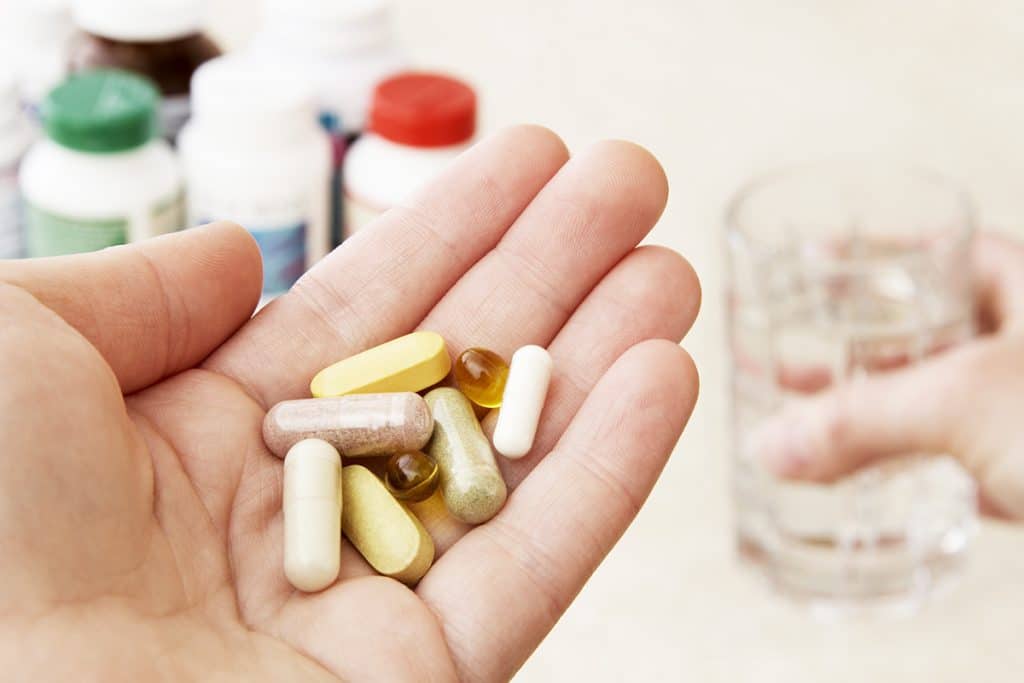If you’re looking to improve your health, it can be really tempting to look for that one magic pill that will fix everything. There certainly seems to be a supplement for every occasion, but how do you know what you need?
I know I’ve looked at those shelves full of options and wondered what it all means. There’s a lot of conflicting information out there, and if you can’t find a trusted source (like official government advice or scientific studies), it can be difficult to know what to believe.
First things first: there are lots of unscrupulous sellers out there. That’s especially true online, where there is less regulation. You can’t always know what these people are putting in their products. In the best case scenario, it won’t really do anything. But in the worst case, there could actually be something dangerous in there. Always make sure you’re buying from a reputable source.
Any doubts? Talk to your doctor, especially if you’re already on medication, have a pre-existing condition, or are pregnant. It can be damaging to take supplements if you don’t already have a deficiency in a certain nutrient, and some supplements can interact badly with other drugs.
So, if you’ve found a reliable seller and you’re sure you’re on safe ground, what exactly do you want from a supplement? Well, the key is in the name. Supplements are supplemental to your regular routine. They’re additions to the regular diet, exercise and other activities that should get you most of what you need for a healthy life.
You can’t live on supplements alone, but you can use them to help out if you’re lacking a particular nutrient. For example, someone with anemia may take iron pills. The most commonly used supplements are multivitamins, which come with various combinations of vitamin, mineral and other nutritional groups. There’s no one formula for multivitamins, but they generally contain at least three different elements and no major health risks.
Multivitamins don’t have much benefit if you’re already healthy, but they can be useful to those with a poor diet or at risk of certain conditions, as well as the elderly. You can find multivitamins in powder, capsule, tablet and liquid form in most health stores. Injectable versions can only be delivered with medical supervision.
Some supplements are specifically designed for athletes. For example, many bodybuilders will use protein drinks to help them build muscle. Other popular fitness supplements include glutamine and creatine. Always follow dosage instructions and consult with your doctor.
Weight loss pills are one of the least effective types of supplements. There are some that may help you lose a few pounds in the short term, but in the long term, it’s diet and exercise that you need. Many also have some unwelcome side effects.
In addition to vitamins, minerals and other nutrients, there are various types of natural products that claim to have health benefits. This includes St. John’s wort, ginkgo and ginseng. These supplements build on long traditions of herbal medicine, but make sure you check current medical and scientific advice before trying them. The same advice goes for probiotic dietary supplements.
Overall, the most important advice with any dietary supplement is listening to scientific research, following medical advice and finding responsible suppliers.




